|
For researchers and scientists working to fight the COVID-19 pandemic the stakes are incredibly high. To add to the pressure, most of the public is paying more attention to science than they have in years. So in June, when two high-profile coronavirus papers were retracted, many responded with the question: is the seemingly noble process of science broken? Mark R. O'Brian argues that the retractions show quite the opposite. Science is not a smooth upwards path to ever more knowledge. Mistakes happen. In these cases they were immediately caught and corrected by other members of the scientific community. And good science prevailed.
South Africa recently started a vaccine trial for COVID-19 as part of joint effort involving scientists and funders from a range of countries. As Jeffrey Mphahlele explains, it won’t be easy to conduct a trial in the middle of a pandemic. But scientists can draw on experiences from previous public health emergencies such as the Ebola outbreak in West Africa and the SARS epidemic of 2003.
|

A high-profile paper
on the risks of hyrdoxychloroquine was recently and rightfully retracted.
AP Photo/John Locher,
Mark R. O'Brian, University at Buffalo, The State University of New York
Severe scrutiny of two major papers, including one about the effectiveness of hydroxychloroquine, is part of science's normal process of self-correction.
|
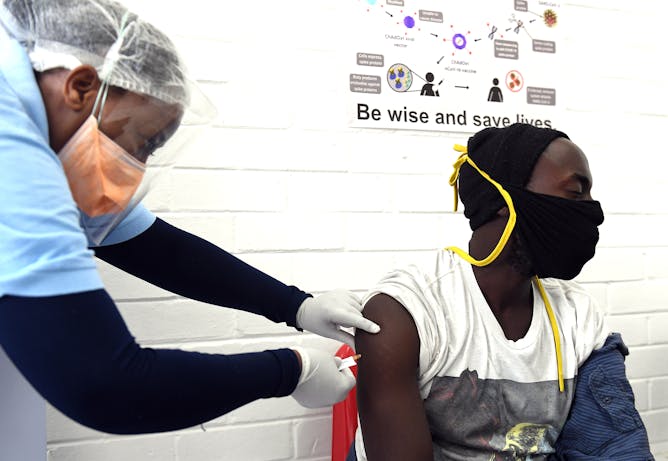
A volunteer receives an injection from a medical worker during the country’s first human clinical trial for a potential vaccine against COVID-19 in Soweto, South Africa.
Felix Dlangamandla/Beeld/Gallo Images via Getty Images
Jeffrey Mphahlele, South African Medical Research Council
In a pandemic like this one, the priority is to save lives. But without a vaccine, there's a limit in the tools available to save lives.
|
Arts + Culture
|
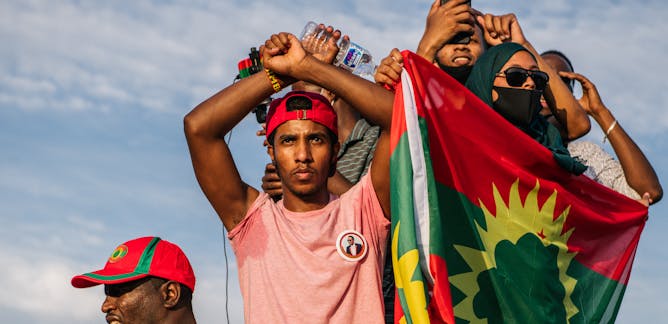
Ilana Webster-Kogen, SOAS, University of London
The outspoken singer always considered himself to be at risk, and in Ethiopia people loved him because he didn’t let that risk keep him quiet.
| |
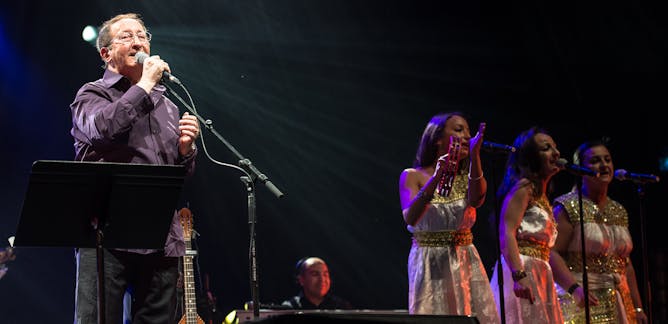
Jane E. Goodman, Indiana University
Idir’s songs gave Kabyles a sense that their culture counted: that their customs and traditions could form a part of a modern Algerian nation.
|
|
|
Business + Economy
|
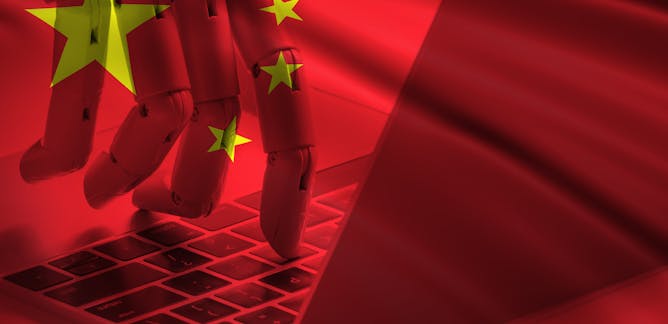
Hessy Elliott, Nesta
The world needs to engage seriously with China’s AI development and take a closer look at what’s really going on.
| |
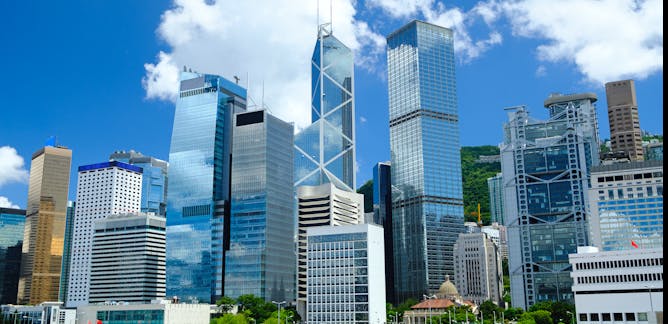
Horace Yeung, University of Leicester; Flora Huang, University of Derby
Hong Kong still has a competitive advantage over mainland Chinese rivals for international commerce.
|
|
|
Science + Technology
|
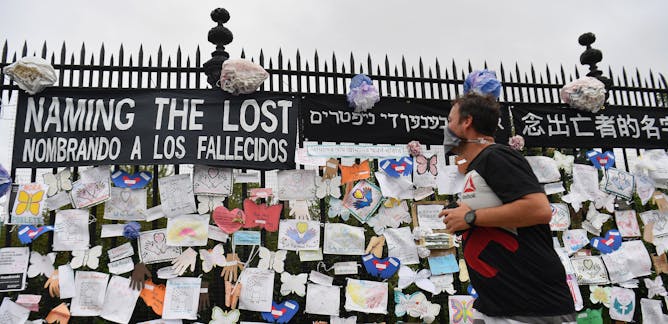
Abram L. Wagner, University of Michigan
There's no scientific definition for a wave of disease – and no evidence that the original onslaught of coronavirus in the US has receded much at all.
| |
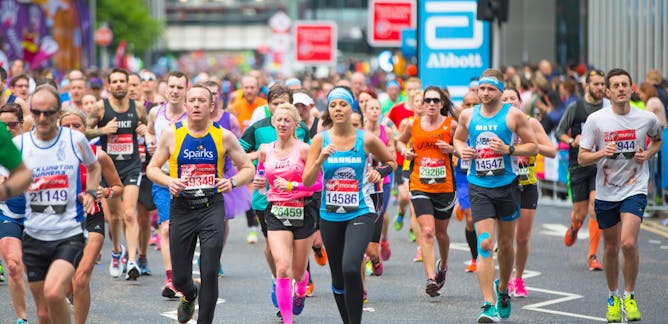
Anthony R Cox, University of Birmingham; Craig Rosenbloom, Queen Mary University of London
Long-term use of anti-inflammatory drugs is associated with stomach ulcers, kidney injuries and cardiovascular side effects.
|
|
|